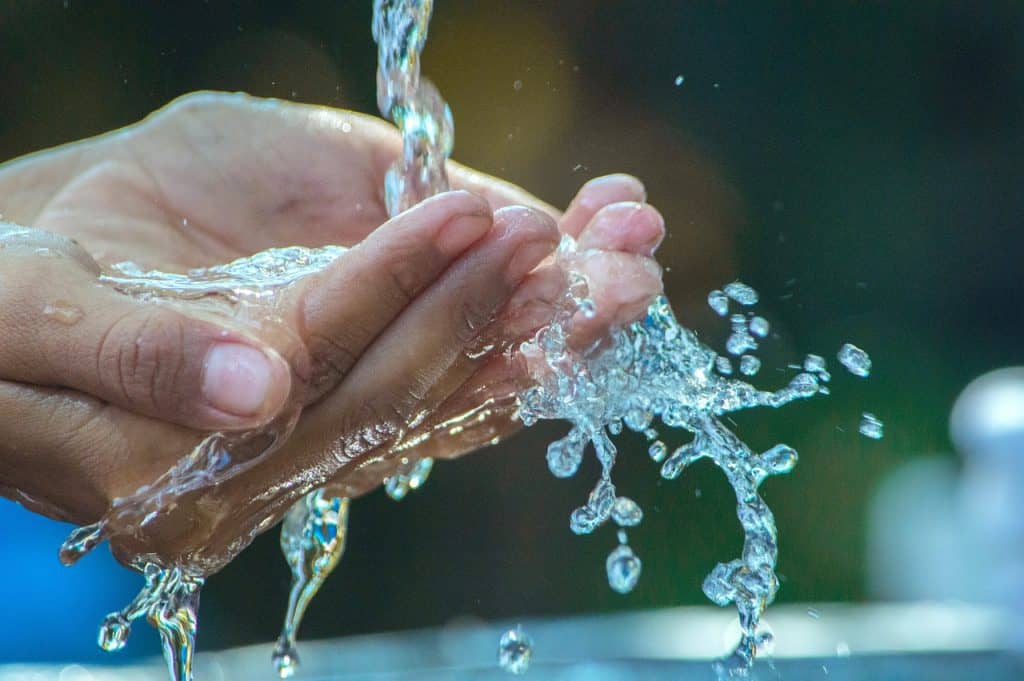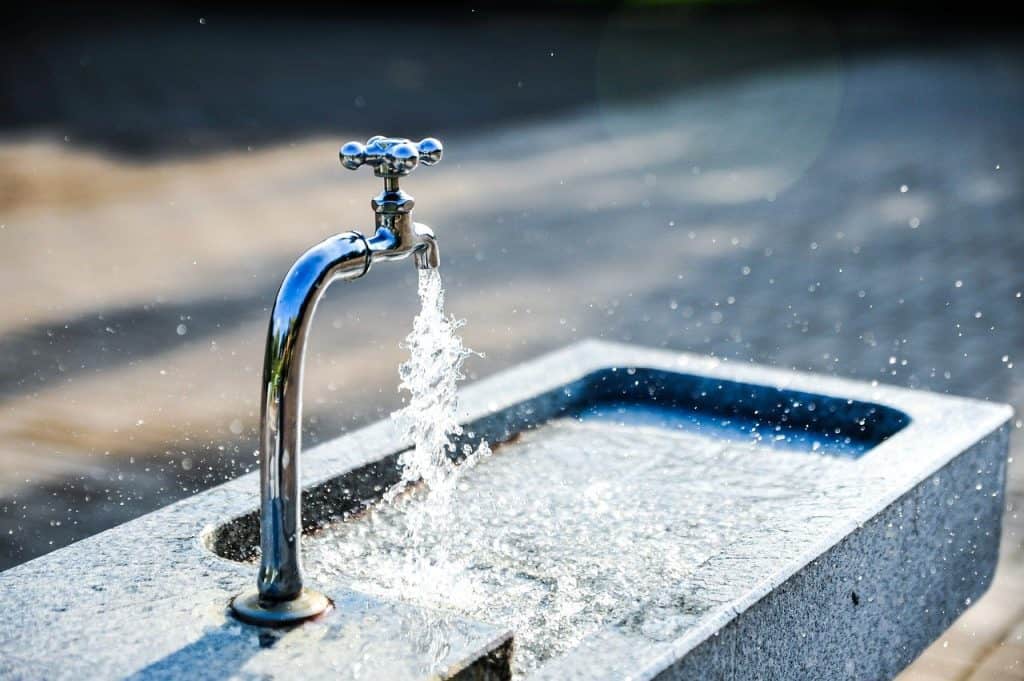What’s in your water? Chances are if you live in an industrialized country, it’s a mix of chemicals and contaminants. You may even have trace amounts of heavy metals like lead or mercury.
This article will tell you why it is important to check the quality of your water, how to do so, what kind of things can affect the quality of your water and more.
1. The quality of your water can affect the quality of your life
One of the main reasons why it is important to check the quality of your water is because it can affect the quality of your life in a wide range.
First off, you should know that many different types of contaminants could be in your water including bacteria, viruses, parasites, and pharmaceutical drugs among many other chemicals.
In this case, it is important to know what’s in your water because these contaminants can cause severe health problems like giardiasis, cholera, or heart attack to name a few.
However, the quality of your water is based on several things. Many factors determine the quality of your water, including wells vs. surface, natural filtration, and more.
Many people do not realize how important the quality of their water is, but it can affect your overall well-being.
Checking the quality of your water is also very important for children since they are more susceptible to contaminants than adults.
For example, if you have older pipes in your home that are leaching lead, your children are more likely to be exposed.
This is because their bodies are still developing and this will affect them in the future, even if it doesn’t immediately show.
2. You can protect your property with the quality of your water

In addition to affecting your health, there are several other reasons why you should check the quality of your water, which include protecting property value.
Keep in mind that most homebuyers will lower the offer price by about $100 for every contaminant found in your water.
This is why it’s important to check the quality of your water before you sell or buy a house since most buyers will not want to purchase any home that has contaminants.
When you are sure that the quality of your water is good, you will be able to receive a higher offer price.
This can help you save money in the long run if it means that you don’t have to deal with any costly repairs or medical bills caused by contaminants.
3. Reducing costs as a homeowner
Many people do not realize that they could save hundreds on their water bills by simply checking the quality of their water.
If you have your water tested, you may find that there are contaminants in your water that could be causing bad things to happen.
That is why it’s important to check the quality of your water because if the problem isn’t fixed or mitigated, then this can lead to higher costs later on.
For instance, you will be alleviated from having to deal with significant medical expenses because of this. Additionally, your plumbing system will most likely withstand the test of time if your water is clean and clear.
If you have contaminants in your water, it will cause the metal pipes to corrode, which is a costly fix that most people want to avoid if they can help it.
Hence, you will be able to save a decent sum in the long run.
4. How to check the quality of your water
There are several ways that you can check the quality of your water, including testing kits or installing an entire filtration system.
In some cases, you can also check with your city for water quality reports if they have them, or call a local lab to get the information that you need.
There are plenty of options available, but it’s important to be sure about what kind of contaminants could harm you and which ones cannot before making any decisions.

In conclusion, there are many reasons why checking the quality of your water is important, such as protecting health and property value as well as reducing overall expenses.
It’s important to be aware of what you’re putting into your body, so make sure to use only filtered tap water when cooking food or making drinks with ice cubes.
Consider investing in a home filtration system such as an activated carbon filter, reverse osmosis filter, sediment filter, and iron/chlorine filters for the best results possible.
You can also invest in a whole house filtration system if necessary to remove contaminants from all the water you use at home. It might even be time to upgrade your plumbing systems.



